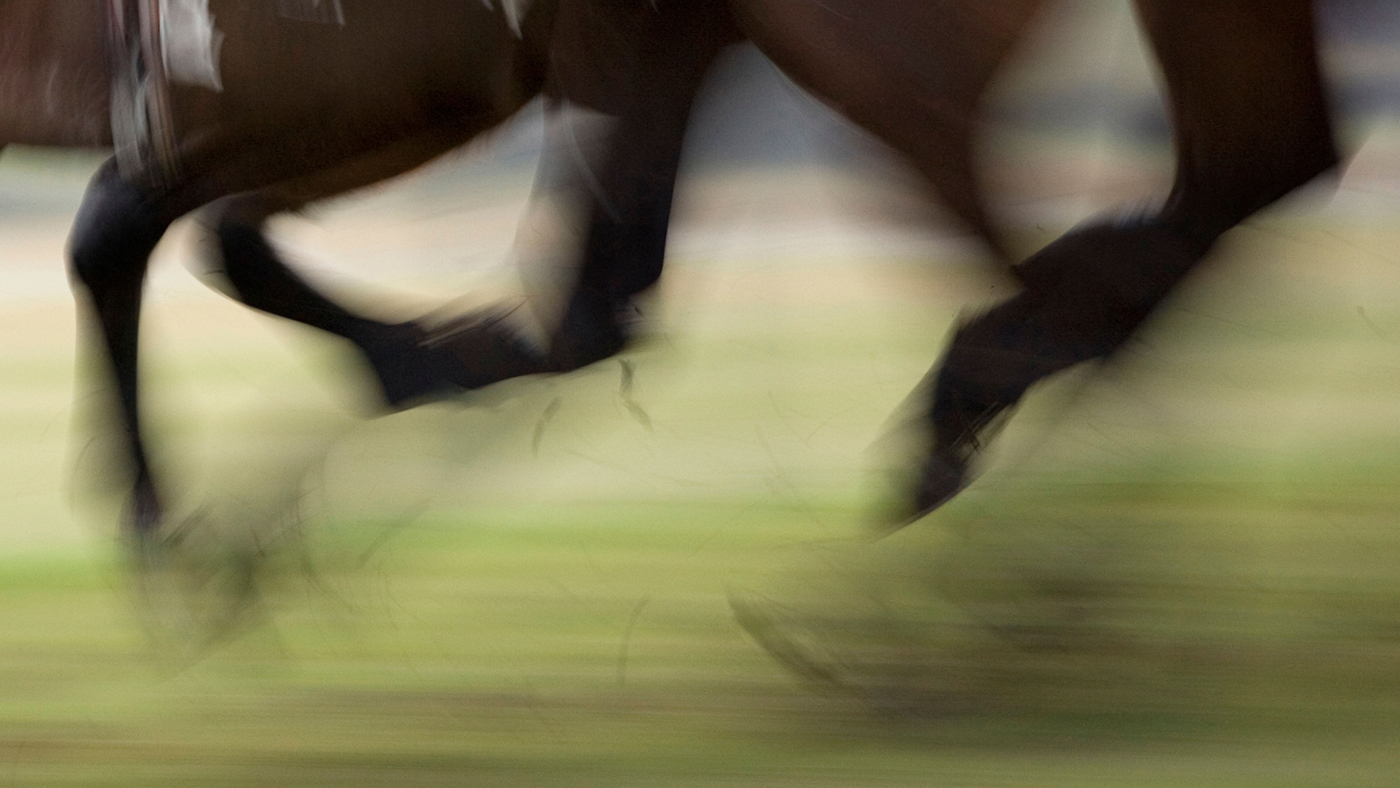A ban on racehorses entering the human food chain has been both welcomed and questioned, as the industry seeks to avoid unintended consequences in a well-intentioned move.
All horses entered to run in any race in Britain must be signed out of the human food chain, via their passports, by 1 January 2022. This will also exclude horses from entering the animal food chain in Britain, which is regulated to the same standard.
The rule applies to all horses trained in Britain, and connected technology means entries will not be possible if the horse is not signed out on the Weatherbys ePassport.
The British Horseracing Authority (BHA) is also looking at how it can practically apply the rule to international runners, which is more complex. This is because of EU legislation covering who has the authority to sign horses out of the food chain – plus how and when this is done – along with variations in equine passports from country to country.
But the industry has been warned that it “will not make a blind bit of difference” without up-to-scratch traceability and enforcement.
“This rule change is yet another reminder of the importance of the UK implementing a digital-first equine ID system with full traceability and intelligence-led enforcement, and racing undertaking robust due diligence on racehorse aftercare along its entire supply chain,” World Horse Welfare chief executive Roly Owers told H&H.
“Unless this happens, signing every racehorse out of the food chain will not make a blind bit of difference to whether they will wind up in slaughterhouses as they will be at the same risk as any other horse from unscrupulous players in the horse meat trade.”
Mr Owers added that without a legal outlet in the UK, former racehorses could be at greater risk of being exported abroad for slaughter, and of being sent to an illegal, unlicensed slaughterhouse.
“So this new rule will mean that it is more important than ever for racing to keep a close eye on what happens to horses once they leave the racetrack and consider how, as a sector, they can ensure welfare is protected at end of life,” he said.
“Horse meat is a valuable commodity, and where there is money to be made, there are those who will find a way to make it – and animal welfare will not be a consideration.
“The scale of this fraudulent trade is impossible to quantify as it takes place under the radar, and the current regime of equine ID and enforcement is simply unable to tackle it. This is what needs to change if we want to truly protect all horses, including former racehorses.”
BHA director of equine health and welfare James Given told H&H the new rule is “very much just one step on a much broader journey”.
“[This journey] was instigated through the publication of the Horse Welfare Board’s strategy for welfare in racing, “A Life Well Lived”, which includes improved traceability, a recent funding review, greater clarity of roles and responsibilities when it comes to aftercare and much more, alongside a focus on safety, quality of life and public trust,” he said.
The timing of the announcement is pertinent. While there has been much discussion in the wake of the Panorama documentary, aired on 19 July, the decision to permanently exclude racehorses from the human food chain was agreed unanimously by the BHA’s cross-industry veterinary committee on 28 January. This was then put out to wider industry consultation and approval by the rules committee and BHA board in September.
The announcement came a week after the publication of the “moving animals across borders” report by Parliament’s Environment, Food and Rural Affairs select committee put pressure on Defra to tackle equine welfare and traceability issues across the whole horse industry (news, 7 October). This included highlighting the need to move to a digital identification system, which exists in the thoroughbred industry, in order to prevent equine ID fraud and horse smuggling.
“The introduction of laws and regulations to protect animal welfare is important but ultimately meaningless if they are not enforced,” stated the report. H&H has contacted Defra for a response.
A euthanasia code of practice for the thoroughbred industry was also published last winter, to help people make the best end-of-life decisions for a horse when the time comes. The new rule ties in with those guidelines. It seeks to prevent horses being sent for slaughter in exchange for money for their meat, rather than preventing abattoirs from ever being an end-of-life option when considering a horse’s welfare.
“British racing has in place a euthanasia code of practice to aid trainers and owners with end-of-life decisions. The guidance is clear that whenever possible, euthanasia should be performed at home or in suitable surroundings,” added Mr Given.
“The transporting of horses to an abattoir to be sold for consumption should not, in my view, be classed as euthanasia and is not an approach that we should tolerate in our sport, which is why a rule preventing this practice is a positive step. I am confident that most British trainers and owners agree with me on this and already observe this principle.”
You might also be interested in:

Racing leaders meet to discuss issues raised in BBC’s Panorama investigation

Progress made on ‘essential’ horse welfare projects by the racing industry

Subscribe to Horse & Hound magazine today – and enjoy unlimited website access all year round
Horse & Hound magazine, out every Thursday, is packed with all the latest news and reports, as well as interviews, specials, nostalgia, vet and training advice. Find how you can enjoy the magazine delivered to your door every week, plus options to upgrade your subscription to access our online service that brings you breaking news and reports as well as other benefits.




